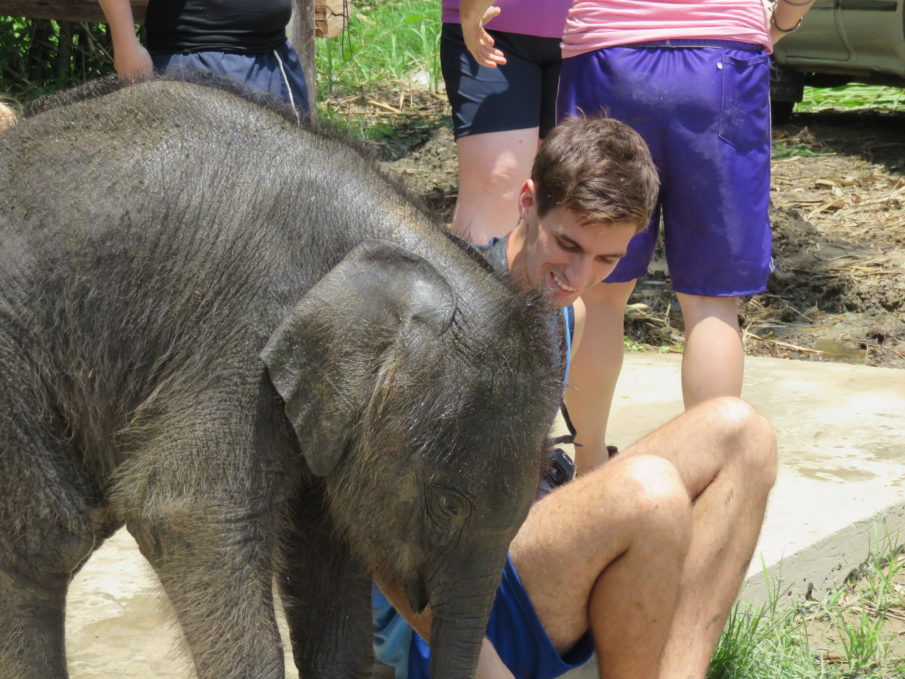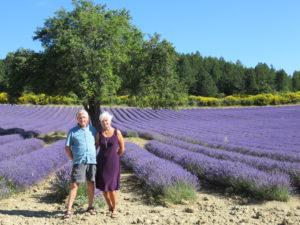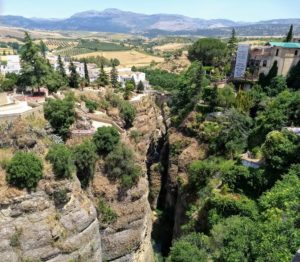Chiang Mai, in northern Thailand, is both spiritual and cultural and it opens the door to a whole new set of experiences. When we planned our visit to Chiang Mai, we had wanted to visit a camp for elephants, where we could interact with them, but in a humane way. You can find many tours offerings rides, where elephants are subject to abuse. However, we were lucky and found an elephant retirement sanctuary that would allow us to spend an entire day, feeding, bathing, and learning to communicate with these amazing creatures.

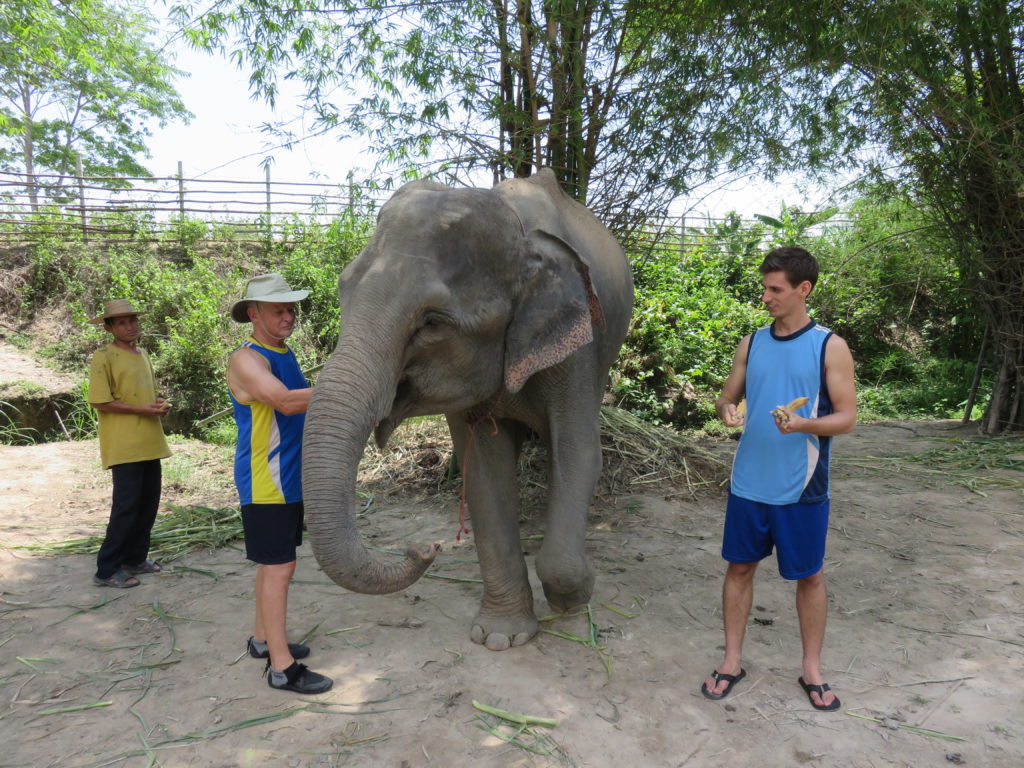
Asian elephants were used in the logging industry for a long time, with little concern for their well-being. However, as the logging disappeared, the owners of the elephants were looking for a way to make money and maintain the care of the elephants. Elephant rides became increasingly popular as the tourism industry boomed. They were then, and are still being, forced to carry tourists all day long in sweltering temperatures. The owners used many abusive methods on the young elephants to control and brake their spirit. We did see tourist stops in Thailand where tourists ride the elephants. Carrying four to six tourists throughout the day in sweltering temperatures creates a lot of stress that can cause damage to their spines. The owners or caretakers are driving the elephants forward often using sharp spear
There are increasingly more humane options to visiting elephant retirement sanctuaries or reserves. These options allow tourists much more of an interaction with the elephants, allowing them to experience the gentle nature of the elephants and learn about their care. The sanctuaries or retirement camps protect elephants, caring for animals which have faced torture and been abandoned, while at the same time support the local economy through responsible tourism.
Our camp was an hour or so bus ride outside Chiang Mai. We were told that at this sanctuary we would find a small community of elephants who were rescued from the logging industry. Some were damaged with emotional scars from abuse while others suffered more severe physical trauma. One had suffered a broken lower leg, which had not been treated properly after being forced to push logs that were too heavy. As a result, this limited her ability to stand and walk properly. Elephants do not forget their abusers. We were told that anyone who smelt of alcohol should not approach her, as her keeper had been an alcoholic and she was subjected to beatings when he was drunk. Our sanctuary had a few older elephants who were still of breeding age, so there was one baby just 25 days old. He was already enjoying mixing with the people. We were introduced to and fed the elephants to understand how docile and friendly they could be despite their size. We were taught sign language and commands for words to encourage playful behavior.
Within a short-time the fun started! We were all provided with old shorts and shirts as we would be joining the elephants at the nearby watering hole. The elephants were taken to the water and we then all joined them. We were encouraged to scrub them all over to help get rid of the insects that bother them and generally play around with them. Then, as further protection against the sun and insects, the elephants like to cover themselves with mud. Next to  the water hole was the mud hole. We were instructed to get in the mud hole and covers ourselves with mud to also protect ourselves from the flies. Seemed to be a normal request! Next the elephants were led over to the mud hole where we scooped up the mud and proceeded to rub it over the elephants’ skin. By the time we had finished we were not the cleanest people in Thailand. After a quick dip in the river,
the water hole was the mud hole. We were instructed to get in the mud hole and covers ourselves with mud to also protect ourselves from the flies. Seemed to be a normal request! Next the elephants were led over to the mud hole where we scooped up the mud and proceeded to rub it over the elephants’ skin. By the time we had finished we were not the cleanest people in Thailand. After a quick dip in the river,  we headed back to Chiang Mai exhausted and exhilarated after a very educational and enjoyable day. The elephants
we headed back to Chiang Mai exhausted and exhilarated after a very educational and enjoyable day. The elephants  appeared to have as good a time as us, which is a great feeling!
appeared to have as good a time as us, which is a great feeling!
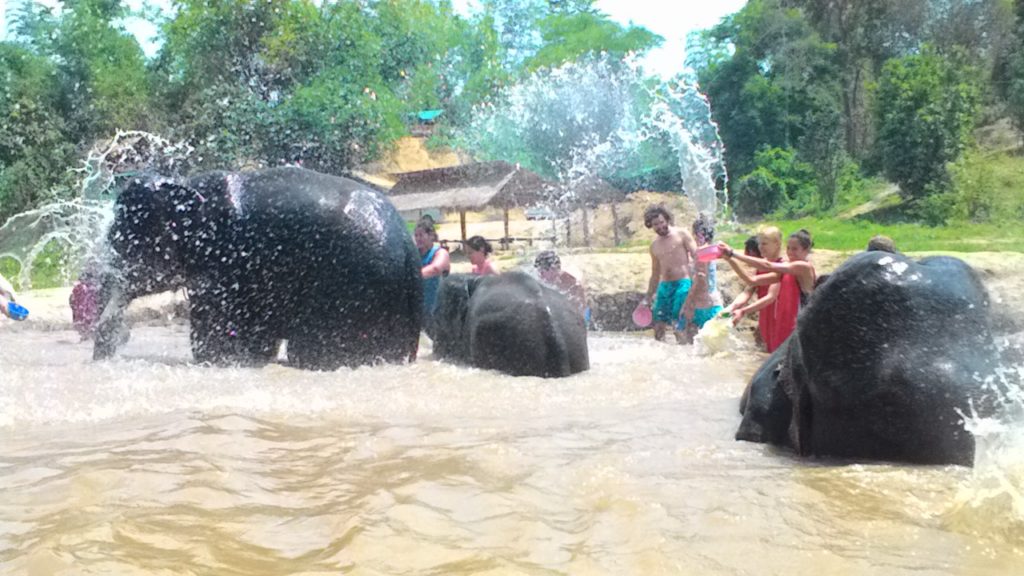
Through education and legislation elephant rides will disappear, and tourists will appreciate the more personal contact in the sanctuaries and reserves. Of course, with a reduction in the elephants captured for tourism, hopefully the wild population will also increase.
